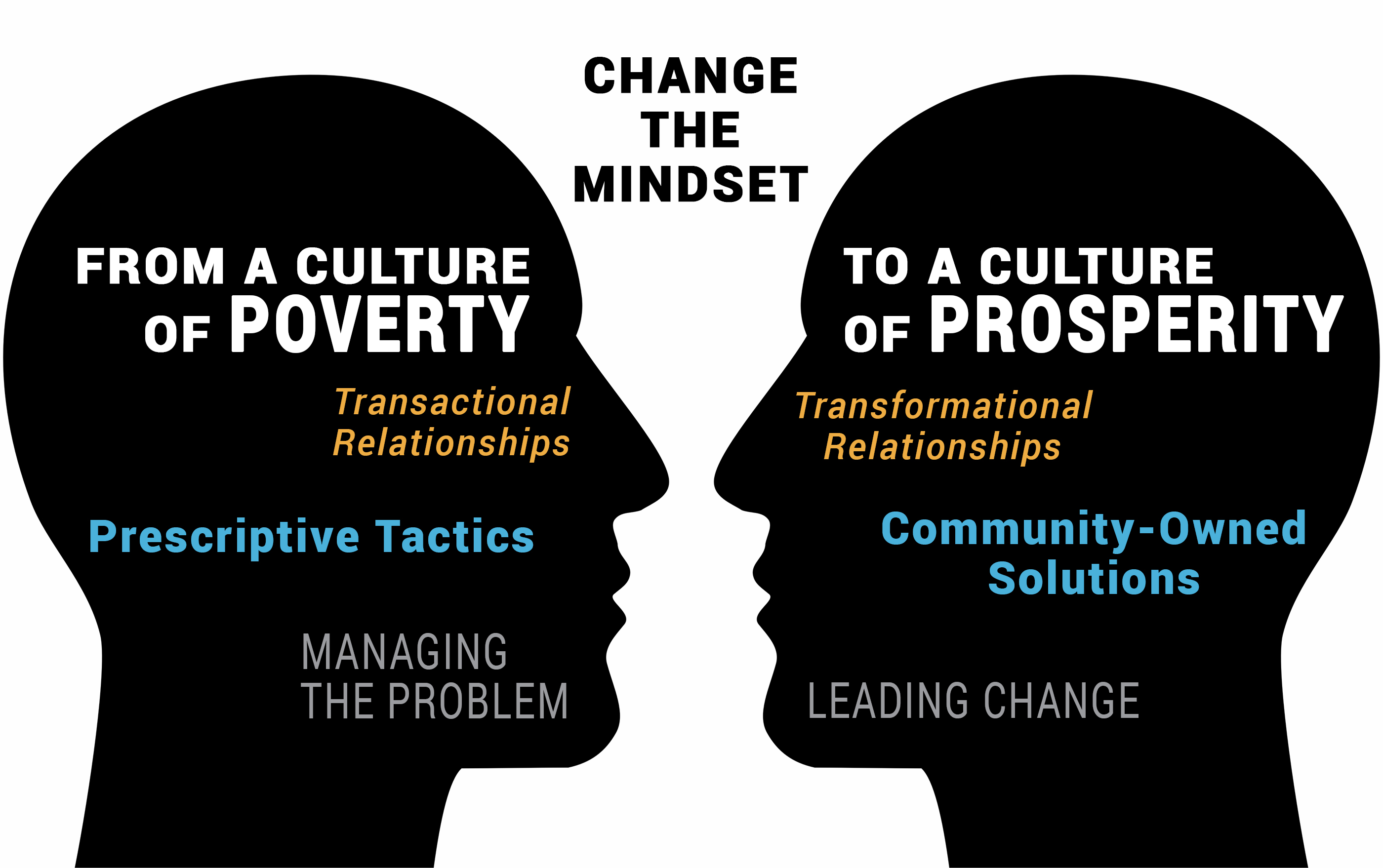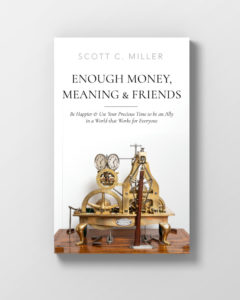 The call to adventure is influenced by one’s belief system about how the world operates. In early 2001, a national poll conducted by National Public Radio (NPR), the Kaiser Family Foundation, and Harvard University’s Kennedy School asked nearly 2,000 Americans 18 or older, “Which is the bigger cause of poverty today: that people are not doing enough to help themselves out of poverty, or that circumstances beyond their control cause them to be poor?” Respondents were roughly divided equally between “people not doing enough” (48%) and “circumstances” (45%).
The call to adventure is influenced by one’s belief system about how the world operates. In early 2001, a national poll conducted by National Public Radio (NPR), the Kaiser Family Foundation, and Harvard University’s Kennedy School asked nearly 2,000 Americans 18 or older, “Which is the bigger cause of poverty today: that people are not doing enough to help themselves out of poverty, or that circumstances beyond their control cause them to be poor?” Respondents were roughly divided equally between “people not doing enough” (48%) and “circumstances” (45%).
Additionally, a 2016 poll conducted by the Los Angeles Times and the conservative think tank American Enterprise showed similar results in terms of who or what is responsible for poverty — but with interesting nuances. For example, White blue-collar workers were more likely to blame the poor for their situation than Whites with college educations. When it comes to solutions, the study showed that more Blacks than Whites believed that government programs put people back on their feet and allowed them to get jobs and out of poverty. A majority of Whites believed that government programs create dependency and encourage people to stay poor. People in poverty believe that government programs fail primarily because not enough money has been put into them. More affluent people than working-class people believe that government programs are badly designed.
When people first get involved in Circles USA, they usually have a strong set of opinions about why someone is in poverty …
When people first get involved in Circles USA, they usually have a strong set of opinions about why someone is in poverty and what help is needed to get them out. Because of their experience with Circles, they often change their opinions over time toward the middle ground. Many people discover that it is the combination of self-responsibility and planning skills coupled with better jobs, new support systems and better designed private and public programs that can best help people escape poverty.
For example, people in Circles have said:
“I was broke, broken, and homeless with three kids. Now, I have a home, money in the bank, attend school, and most of all, I have a purpose. Circles was like a rescue team that came into my life while I was dying. They revived me, and I’m grateful.”
—LeAundrea Robinson, Circles USA Leader
“Circles has exposed me to economic and social circumstances which I knew existed, but I didn’t really understand all the personal implications…”
—Bill Mitchell, Ally
… the beginning of the end of poverty must start with understanding our current beliefs.
Since people do not change their belief systems easily, and because our beliefs ultimately drive what we do as an individual, community, and nation about poverty, the beginning of the end of poverty must start with understanding our current beliefs. While Circles USA has books and training programs that can increase people’s awareness of their beliefs, the most important strategy of Circles USA is the opportunity to build healthy and effective relationships across socioeconomic class lines. We want people in poverty to get to know people of middle-income and upper-income means and vice versa. It is through these relationships that people challenge their assumptions and arrive at more informed views of poverty.
From the book: Enough Money, Meaning & Friends ~ By Scott C. Miller
To learn more about Scott Miller, please see his website here.

